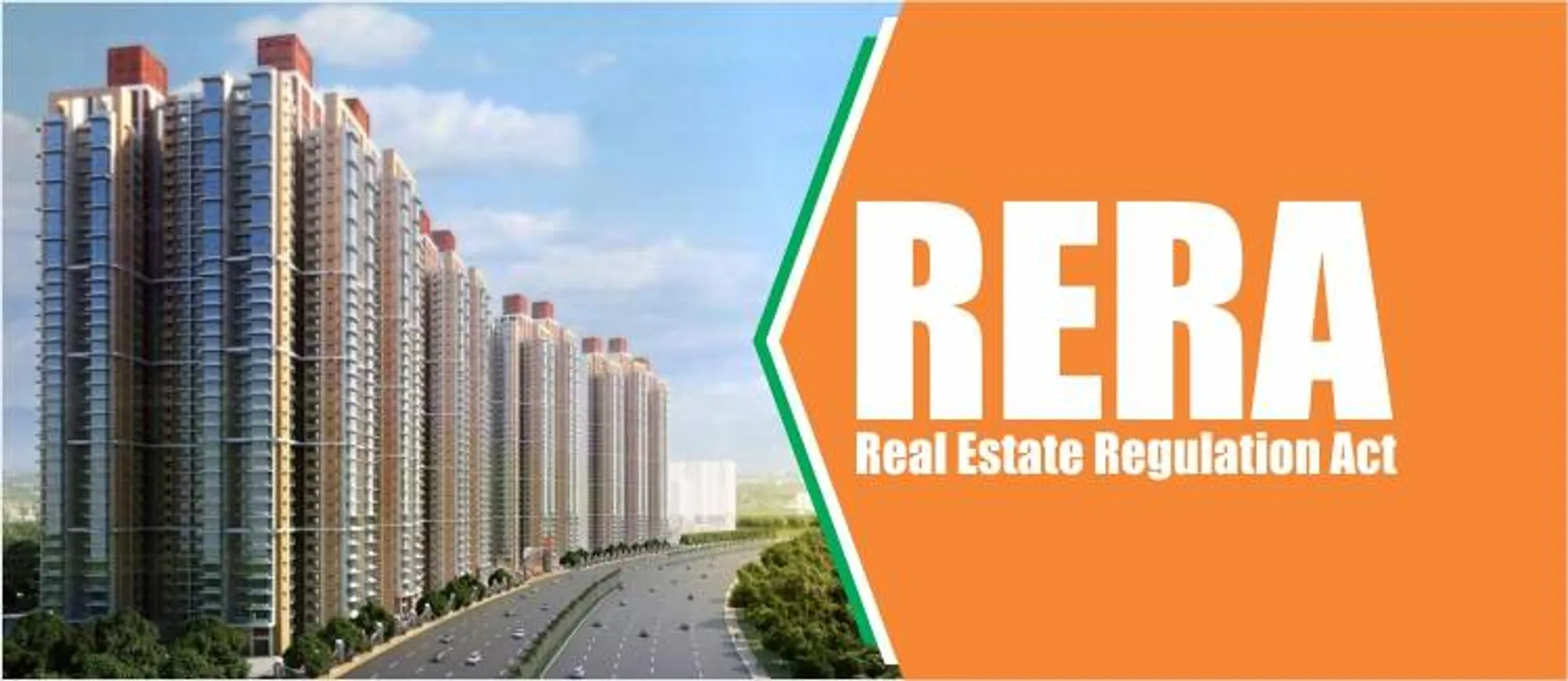The Real Estate Regulation Act (RERA) 2016, which was announced by the government last year, finally came into effect on 1 May 2017 in the country. It was declared with the purpose of bringing transparency and accountability in the realty sector and ensuring the safety of the consumers from the developers. It is a very common practice where a consumer gets duped or cheated by the developers; cause a delay in delivering the property, or the developers don’t give the title of the deed to the owners.
Implementation of Real Estate Regulation Act
- The Ministry of HUPA (Housing and Urban Poverty Alleviation), to ensure the enforcement of the Act by 1 May, was notified a week ago so to formulate and announce rules for the functioning of the regulation.
- HUPA Ministry will formulate rules for UTs, but for Delhi, the rules will be set by Ministry of Urban Development.
- The Central and State Government will formulate rules under RERA within six months.
- Even though RERA is central law, the implementation of the Act will depend on the state government.
- To resolve the complaints of buyers and developers an authority – Real Estate Regulation Authority – will be established by both the Central and State Government within a year from 1 May.
- It will be required by the authority to give their decision within 60 days.
- The government can elect any officer as the interim Regulation Authority, awaiting the establishment of the authority.
Impact of RERA on Homebuyers
The government has always worked to protect and safeguard the rights of the citizens of the country. Therefore, to protect buyers from certain practices of developers RERA has been implemented. RERA will not only affect Buyers but the Builders and Developers also. Some of the factors that will buyers are:
- The customers who are to buy/ invest in an on-going project or in a project that is not registered as of now, they will be protected under RERA as all the terms related to the project will now be as per the Act.
- Even the pricing of the property are expected to be affected by RERA and GST, but it may take some (like 6 to 12 months) time to conclude.
- Until now the developers used to charge for super built-up area i.e. carpet area plus the thickness of outer walls and the balcony plus the proportionate area of common areas such as the lobby, stairs, etc. But now after implementation of RERA, the buyer only have to pay for carpet area i.e. area within the walls,
- The developer will be required to maintain a separate escrow account. He will have to transfer 70 percent of the money received from the buyers to the account. These funds can be withdrawn as per the stages of the construction and will have to be approved by engineers and chartered accountants of builders. This step is to prevent the developers from using the money raised for one project for another project.
- The developers will have to keep the buyers informed about the on-going project so as to provide clarity to them.

